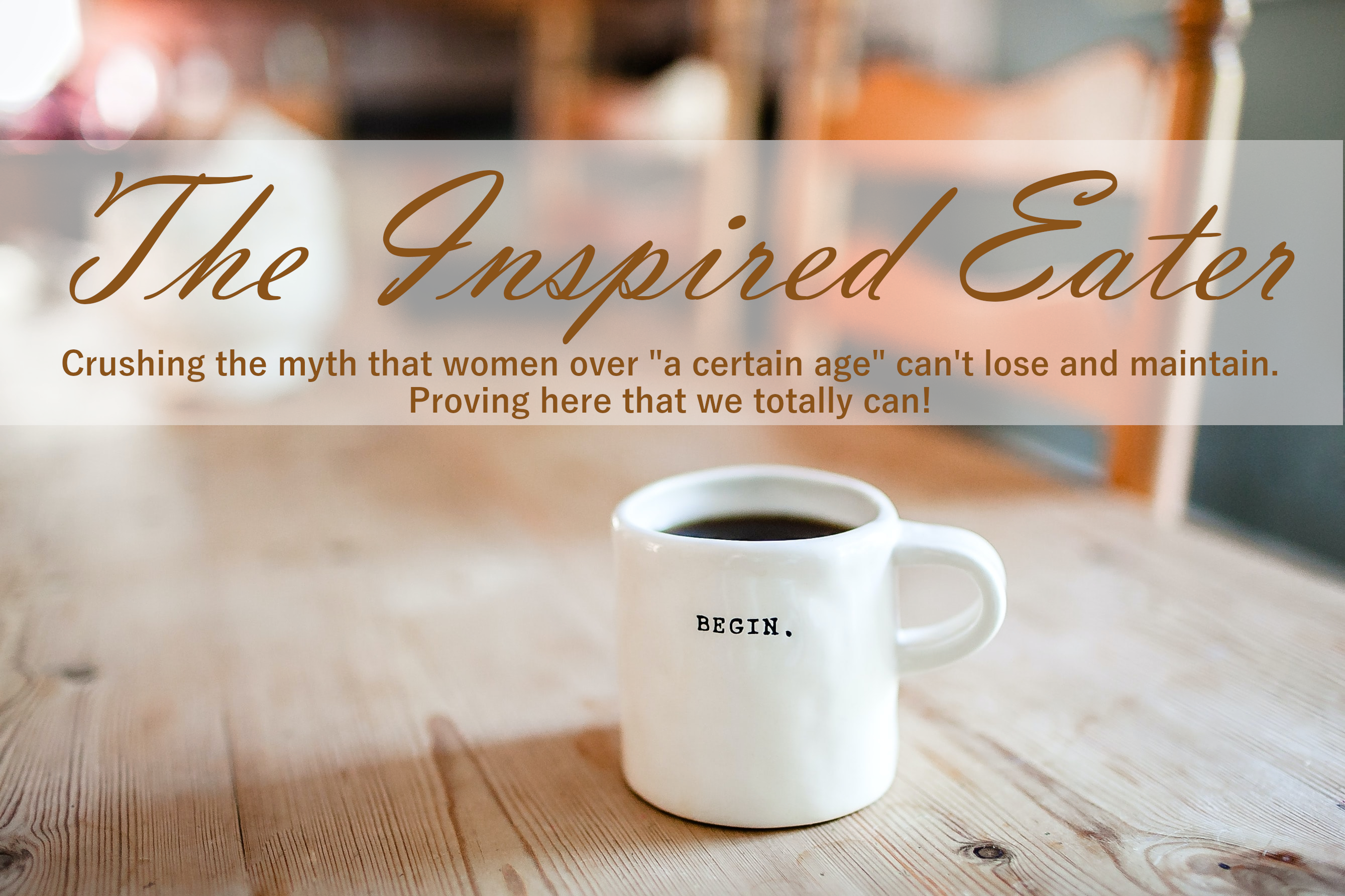Photo by Bruce Christianson for Unsplash
“Two plus two equals four is the same at Harvard as it is at our community college,” I told my two teens as I helped them apply to their local JC (they started a bit early so I was still on mom-duty).
Truth is, while my husband and I had saved, we had not amassed the fortune required for a renowned university, and while one kid didn’t care, the other one sure did.
But with the simple math reframe, both boys were onboard for our local college.
Cognitive-behavioral therapy (CBT) is a long name for how what we think affects how we feel.
In a nutshell, something concrete is happening (the situation), we have a thought about the concrete thing and then we have a feeling about that thought.
An Amazing Superpower.
Say cognitive-behavioral therapy and most think of Pavlov and his salivating dogs, but you and I actually use CBT in our day-to-day lives without realizing it.
Take a look at this situation that most of us find ourselves in every year:
- Concrete circumstance: a pool-lover looks at her calendar and sees that summer is coming in three months.
- Her thought: “I never lost my December-pounds and I haven’t bought a new bathing suit in years.”
- Her feelings about the thought: Dismal, hopeless, angry at self.
- Her behavior: She continues to eat a soothing bowl of ice cream every evening.
Or the situation could roll this way:
- Concrete circumstance: a pool-lover looks at her calendar and sees that summer is coming in three months.
- Her thought: “Never lost the December weight. I’m getting on it now. I want to feel great in my new bathing suit. I can’t wait for summer.”
- Her feelings about the thought: She feels excited and charged.
- Her behavior about her feelings: She stays committed to her smart eating plan and starts shopping for a new suit.
Same circumstances: summer is coming. But do you see how both women look at summer differently? One woman is melancholy while the other is raring for the summer challenge. And their thoughts affect their feelings that then affect their behavior.
Affordable Therapy that Works.
Journal-writing with an emphasis on CBT is the most powerful way I’ve found in my 56 years to unlock how we’re thinking and feeling about a situation in our lives.
Over time, I’ve been astounded at the ideas, suggestions, and insight that have appeared — seemingly out of the blue — when I write about my challenges versus merely think about them.
If you want a place to start with journal-writing, I’ve used these awesome questions as a springboard:
- How do I engage in all or nothing thinking involving my body and food?
- What is my gateway set of foods?
- How can I remove gateway foods from my life (for now)?
- What can I do for future-me this week? This month?
- What skills do I need to put into place for a slow, healthy weight loss?
- How do I talk to myself about food — both smart food and junk food?
- What activity provides sheer happiness for me? (Even if it only happened once a billion years ago, include it!)
Losing 55 pounds and then maintaining the loss over 15 years – as I write – took a serious change in my thinking.
And journal-writing was the vehicle to change.
The Wendy who lived with the extra weight wasn’t the Wendy who took the weight off.
And the Wendy who maintains the loss is also somewhat different from the Wendy who lost the weight in the first place.
My point is that I started using my mind to work in my favor rather than against me.
This skill takes time.
Root out ingrained thoughts that are sabotaging your chances for success and replace them with authentic optimism. I’m not suggesting you be Pollyanna, but reigning in an Eeyore-tendency is a phenomenal idea.
Here are some thoughts that I changed to lose weight and keep it off:
- Unhelpful thought: I’ve been trying to lose weight since I was in the third grade. Nothing I do works.
- Supportive thought: I’m older and wiser and – whether I lose weight or not – I’m living a smart eating lifestyle. Always talk in the present, so rather than “I wish I could live a smart eating lifestyle,” I am living a smart eating lifestyle.
- Unhelpful thought: Skinny people are another breed. They’re so lucky; they must have a better metabolism.
- Supportive thought: Instead of overgeneralizing to others, I’m going to focus only on me, and I’m stopping overeating until my stomach hurts. I’ll eat until I’m moderately full and then stop.
- Unhelpful thought: I’ve had a rough year. Food is my escape.
- Supportive thought: Yes, I’ve had a rough time, and I know there are ways to support myself and enjoy life without involving junk food. Like, I’ve always wanted to kayak. And lately I’ve heard that e-bikes are incredibly fun.
It’s scary to change. Remember that as you go forward you’ll need to consistently say to yourself, “I’ll still be me although I’m becoming a better version of me. (Seriously, even positive change can create a negative feeling.) Tell yourself often, “it’s okay to change, nothing bad will happen that I can’t handle.)
What are some unhelpful thoughts that you’ve changed?
And remember: it’s not your imagination, health is hard!
♥, Wendy
P.S. Are you new to the Inspired Eater? Welcome!! This blog won’t make much sense until you first read the Aunt Bea post (and you’ll find Aunt Bea on this page to the right under my short bio). On your cell you’ll see it immediately following the first post. After you enter your email address, the Aunt Bea article will be sent to your email’s inbox. If it’s not there, you might check the spam folder. And always feel free to email me at Wendy@TheInspiredEater.com and I’ll get Aunt Bea right to you!
You know the scoop: I am an Amazon affiliate so if you buy something through a link at this site, I may receive a small commission that won’t impact your price at all.
I am not an expert, a doctor, a surgeon, a nurse or a nutritionist: the information within TheInspiredEater.com is based solely on my personal experience and is not intended to be used as a substitute for professional medical advice, diagnosis, or treatment. ♥


21 Comments
This was very insightful and helpful to me. Thank you!
Thank you Susan!♥
Great advice!
I am going to give this a try! Thank you.
And thanks again!
Oh, my goodness! This is exactly what I needed to read. I have been on a diet yo-yo for so many years. I’ve never considered journaling as a way to manage those thoughts that lead me to emotional eating. Thank you for this!
They’ve done studies that people who maintain through the years track their intake.
Thank you for visiting!
Wendy
Out thinking really does affect our choices , mood, emotions, and the stories we tell ourselves. And it is free to change. yes it takes work, but like you say, we are turning into better versions of ourselves. My sister and I remind ourselves of that all the time. She helps me with my thinking (like a back and forth journal conversation) and I help her.
You’re so lucky to have each other.
Wendy
I’ve found journaling to be extremely helpful while losing weight. I’ve found I don’t have to go into great detail all the time. Sometimes just a note is sufficient.
Hi Lydia!
Thank you for including me on your blog! So cool of you.
I need to get better at clarifying the difference between keeping a running log of the food we eat day-to-day versus journaling about our process.
Thank you — you got me thinking!! 🙂
Wendy
Pingback: Wonderful Wednesday | SimpleStepsForLivingLife
Thank you — and I love your beautiful blog!
Wendy
Great article. Self-talk is so important when it comes to maintaining healthy eating habits.
Carol
http://www.scribblingboomer.com
Thank you Carol!!
W.
My biggest unhelpful thought was that if I’d slipped up and binged, there was no point in doing any exercise, and I might as well indulge for the rest of the day! Sometimes we all fall off the wagon but I reframe it now as tomorrow is another day, and I have the skills to get back on it! Thanks for linking
I was exactly the same as you. Instead of calling it cheating, I’ve decided to call “relaxing my standards a little bit.”
W.
I’ve discovered my mind is powerful and suggestable. That’s why I try to give myself TLC and say encouraging things rather than negative. Wendy, Your illustrations of self-talk to shift mindset are excellent. Saw this post at at Happiness is Homemade.
I love “I try to give myself TLC rather than negative.”
That’s beautiful! I love Happiness is Homemade too!
Thank you for your sweet words.
Wendy
Thought provoking post#titmt#9
I have found myself allowing to gain pounds recently and making excuses for it. It’s been a hard year, I’ll lose weight when the children are a little older, I can focus more on me when things slow down some. The problem is, there are always excuses. Thank you for visiting Tell It To Me Tuesday!